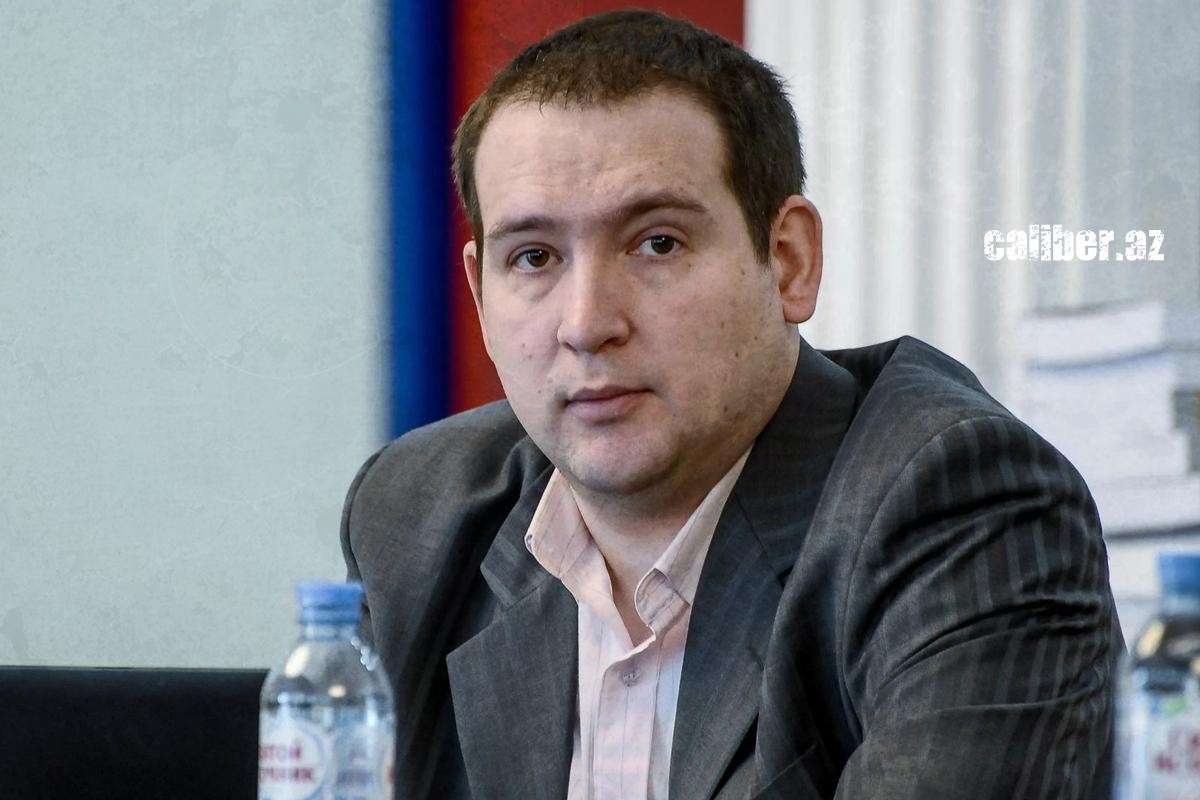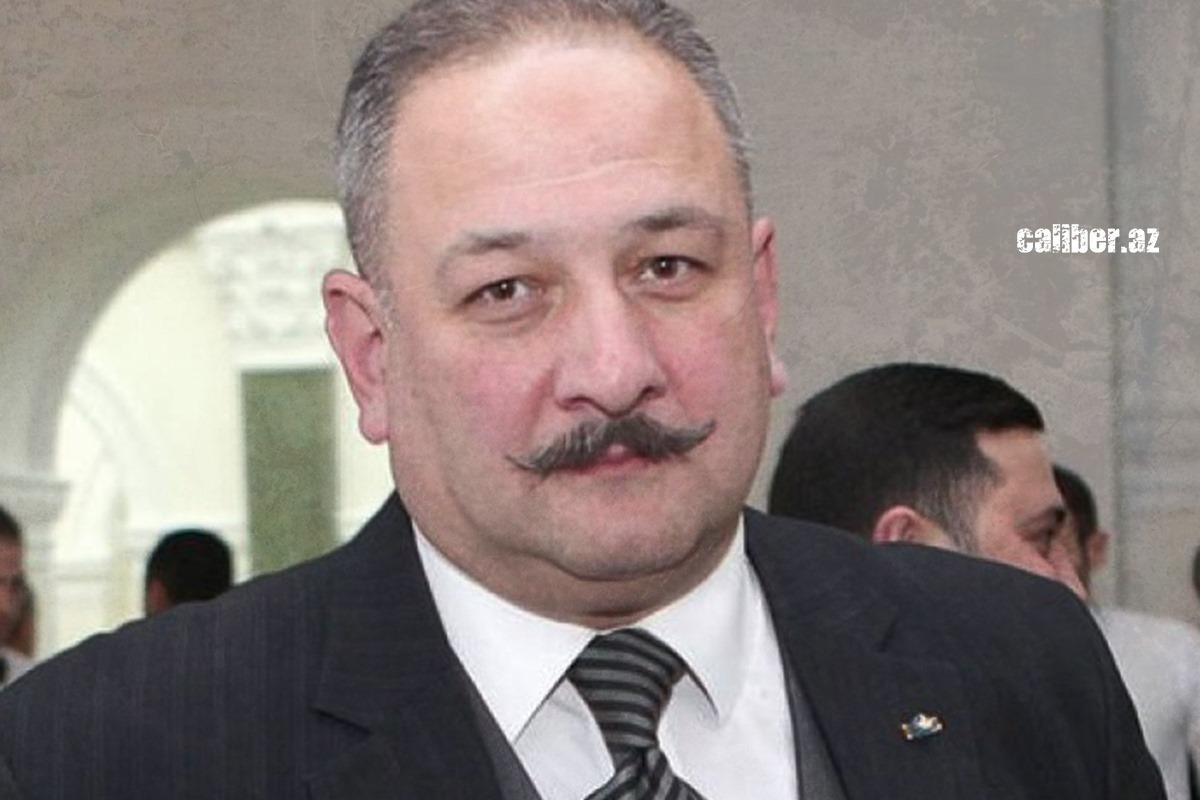Armenia's Standoff: Direct talks rebuff amidst supporter unease The Zangezur Corridor Dilemma
The Zangezur corridor can become an important means of building confidence and peace between Armenia and Azerbaijan. The statement was made by the representative of the President of Azerbaijan for special assignments, Ambassador Elchin Amirbayov during a panel discussion at the III Diplomatic Forum in Antalya.
Speaking at the session "New Dynamics of Cooperation in Eurasia", he emphasised that apart from purely economic benefits, restoring transport links between countries in a post-conflict environment can also play an important role in confidence building and become an effective tool for peacebuilding.
"The Zangezur corridor project is a vivid example of this, which can not only establish a direct transport link between Armenia and Azerbaijan, but also put an end to Armenia's economic isolation in the region. In addition, the implementation of this project will be beneficial, as it fully meets the interests of other countries in the region, primarily Türkiye, Russia and Iran. In addition, the Zangezur corridor could become an alternative route to the already existing Trans-Caspian International Middle Corridor (Trans-Caspian International Middle Corridor), which connects China with Europe via Central Asia and the South Caucasus through Azerbaijan and Georgia.
We hope that Yerevan, which has been evading its obligations for more than three years and actually prevented the restoration of transport communication through Zangezur, will finally realise the full benefit of this project for Armenia. Otherwise, the coveted 'crossroads' risks remaining a regional dead end," Amirbayov concluded.
Without the Zangezur corridor, Nikol Pashinyan's idea of an "Armenian crossroads" is simply unrealisable. Because a crossroads implies movement not only from south to north but also from east to west - and this is precisely the Zangezur corridor. Will it not turn out that by persisting in its unwillingness to let it pass through the shortest route (which existed in Soviet times), along its section of the northern bank of the Araz River, Armenia runs the risk of remaining in the same transport and trade semi-blockade in which it has been living since the early 90s?
On this matter, foreign observers shared their thoughts with Caliber.Az.

Mikhail Neizhmakov, Director for Analytical Projects at the Agency for Political and Economic Communications (Moscow), believes that Yerevan understands Azerbaijan's interest in unblocking communications between Nakhchivan and the western parts of the country, which is why Nikol Pashinyan's team seeks to use this within the framework of the negotiation process in its own interests.
"In addition, the cooling of relations between Yerevan and Moscow now makes it much less likely that the project of unblocking communications as enshrined in the Tripartite Statement of November 2020 will be implemented, suggesting that "control over transport communication is carried out by the border service bodies of the Russian Federal Security Service (FSB).
In fact, the issue of unblocking communications is also an element of political bargaining between Yerevan and Moscow. In fact, it is the intermediate results of this political bargaining that can be associated, among other things, with the statement made by Russian Deputy Prime Minister Alexei Overchuk in December 2023 that Russia "practically supports" the Crossroads of Peace initiative presented by Nikol Pashinyan and is ready to finance projects within its framework," the analyst noted.
Finally, Yerevan may expect that if there are new manifestations of cooling between Baku and Tehran in the near future, this could again strengthen Armenia's negotiating position, he believes.
On the other hand, the unblocking of communications is not a topic on which Azerbaijan cannot wait. In fact, in a similar vein, in early January 2024, Azerbaijani presidential aide Hikmet Hajiyev said in an interview with Berliner Zeitung - Baku is interested in unblocking communications, but if not, it will solve issues through an alternative route with Iran. In turn, Tehran, whose attention is now largely diverted to the situation around the Gaza Strip and the Red Sea, is also not particularly interested in prolonged tension with Baku.
Finally, in periods when Yerevan's position may become more vulnerable (for example, due to the probable decrease in the US attention to the South Caucasus amid the decisive phase of the US presidential campaign from July to November 2024), the pressure on Armenia from Baku on the issue of unblocking communications may also increase, i.e. Nikol Pashinyan already in the near future faces the risk of continuing the dialogue on this issue, being in less favorable conditions for negotiations," says the political analyst.
But even if progress on unblocking communications becomes possible, one of the stumbling blocks is how security will be ensured along the route, he notes.
"Yerevan is now clearly not in the mood to hand over this function to Russian border guards. But without additional security guarantees, this project will hardly be acceptable to Baku. Alternative options (such as a hypothetical EU police mission that would ensure such security on the route) remain purely theoretical," Neizhmakov concludes.

Simon Kopadze, head of the Academy of International Relations and director general of the Foundation for the Development of Georgian-Azerbaijani Relations, was the first to say that Pashinyan is under intense pressure.
"Firstly, on the part of Russia, Iran and the internal opposition. He perfectly understands the essence of the Zangezur corridor project. He is well aware of its economic and political benefits for Armenia, but he has to manoeuvre between his partners," the expert believes.
Pashinyan wants to get Armenia out from under Russian influence and somehow get closer to the West, but this is hindered by certain issues related to Russia and Iran, he says.
"Pashinyan cannot negotiate directly with Azerbaijan for fear of losing his popularity rating, because even among his supporters there would be friction over this issue. That is why he is manoeuvring. He is waiting. He wants to wait for the end of the war with Ukraine and to see what position Russia will be in after that in order to make concrete steps more openly," Kopadze explained.
It is also important that Yerevan's financial partners in the West, represented by the Armenian Diaspora, have not yet decided what Armenia's future should be, he added.
"After all, their main thesis and even dream is to restore "great Armenia". And today, this ideological-propaganda thesis of theirs requires updating. And in what direction, how it will be done, they have not decided yet. And so far there are no specifics either in Yerevan or in the Diaspora - all of them are stalling for time. Including the issue of the Zangezur corridor," the Georgian political analyst concluded.








